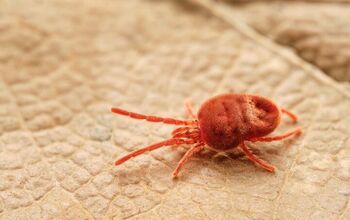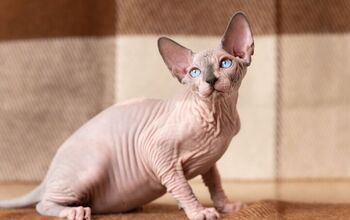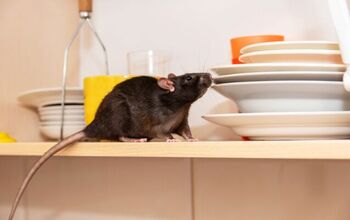Are Mutts Healthier than Purebreds? New Study Says NO!

Are mixed-breed dogs really healthier? A new study of more than 27,000 companion dogs discovered that mutts are just as likely to experience health issues as their purebred counterparts. It turns out that a smaller gene pool doesn’t make purebred dogs more prone to common doggy ailments when compared to mixed-breed dogs.
The study led by researchers from the Texas A&M School of Veterinary Medicine and Biomedical Sciences found that while certain purebreds are prone to specific health problems, both purebreds and mixed-breeds are equal in terms of the overall frequency of health condition diagnoses.
“There are several well-known diseases that frequently occur in specific dog breeds,” explained Dr. Kate Creevy, chief veterinary officer of the Dog Aging Project and a professor in the VMBS’ Department of Small Animal Clinical Sciences. “This has helped perpetuate the misconception that all purebred dogs are more prone to diseases, but that is not the case.”
The study, which surveyed a total of 27,541 dogs, identified 25 breeds that made up around 60% of the purebred dog population within the Dog Aging Project. Those breeds include Labrador retriever, golden retriever, German shepherd, poodle, Australian shepherd, dachshund, border collie, Chihuahua, beagle, Pembroke Welsh corgi, boxer, shih tzu, miniature schnauzer, pug, Havanese, cavalier King Charles spaniel, Great Dane, greyhound, Boston terrier, Siberian husky, Shetland sheepdog, English springer spaniel, Australian cattle dog, and Doberman pinscher.
Scientists found that within these 25 breeds, 53 medical conditions make up the top owner-reported medical issues. “The medical conditions reported by owners varied considerably,” said Creevy. “However, some conditions appeared frequently in the top 10 reported health conditions by breed.”
The 10 health conditions most reported for purebred dogs include dental calculus (hardened plaque), dog bites, extracted teeth, giardia, osteoarthritis, seasonal allergies, ear infections, heart murmur, fractured teeth, and cataracts.
For mixed-breed dogs, the top 10 conditions were nearly the same, with cataracts and heart murmur being replaced with torn/broken toenails and chocolate toxicity.
Some maladies, such as dental calculus and osteoarthritis appeared roughly the same in purebreds and mutts. However, some conditions were more commonly seen in one than the other. For example, purebreds had more extracted teeth, and dog bites, while mixed-breeds had more ear infections.
Out of 53 owner-reported medical conditions, 26 didn’t differ significantly between purebred and mixed-breed dogs. What’s more interesting is that 22.3% of owners of purebred dogs reported their canine companions having no health issues, compared to 20.7% of mixed-breed owners, meaning that purebred dogs were healthier than mixed-breed dogs.
The most important finding of this study is that dog breed is just one aspect of pet health to think about when creating a dog care plan, or researching what kind of dog to adopt.
“People should consider many factors when choosing a dog, including environment, lifestyle, social interactions and physical activity that will be available to the dog,” said Creevy. “Planning for both preventative care and medical care as the dog ages is also prudent. Dog owners should also talk with their primary care veterinarians about the kinds of medical problems to which their new dog might be particularly prone based on breed, size, sex, etc.”
Researchers think that the main reason people believe mixed-breed dogs are healthier than purebreds is because certain breeds of dogs suffer from well-known health problems. For example, German shepherds and Labrador retrievers are prone to hip dysplasia, poodles are more likely to get glaucoma, and Great Danes are prone to bloat.
The fact that some purebreds are susceptible to breed-specific diseases, while mixed-breeds aren’t has contributed to the myth that purebred dogs are more likely to get sick than their mixed-breed counterparts. We now know that’s not the case thanks to this new study.
Join the PetGuide community. Get the latest pet news and product recommendations by subscribing to our newsletter here.

Nevena is a freelance writer and a proud mom of Teo, a 17-year-old poodle, and Bob, a rescued grey tabby cat. Since childhood, she had a habit of picking up strays and bringing them home (luckily, her parents didn't know how to say NO). When she's not writing for her fellow pet parents, Nevena can be found watching Teo sleep. To her defense, that's not as creepy as it sounds!
More by Nevena Nacic























